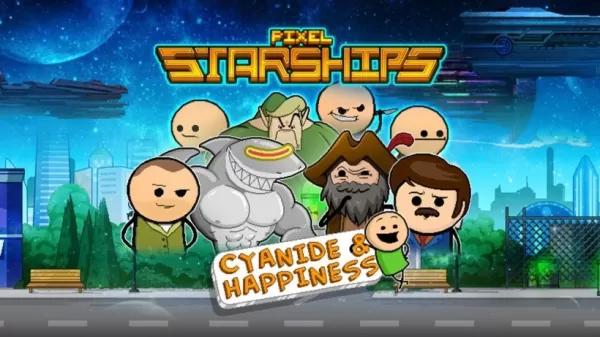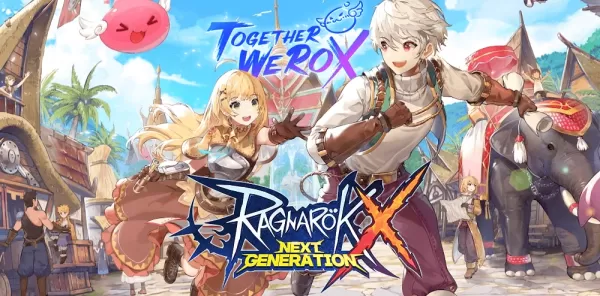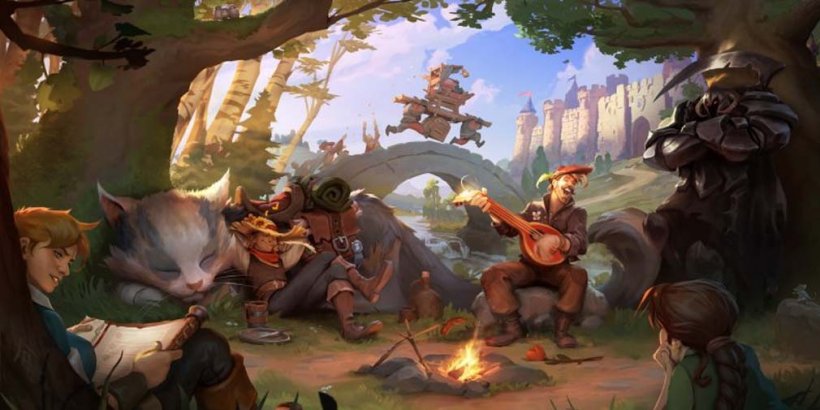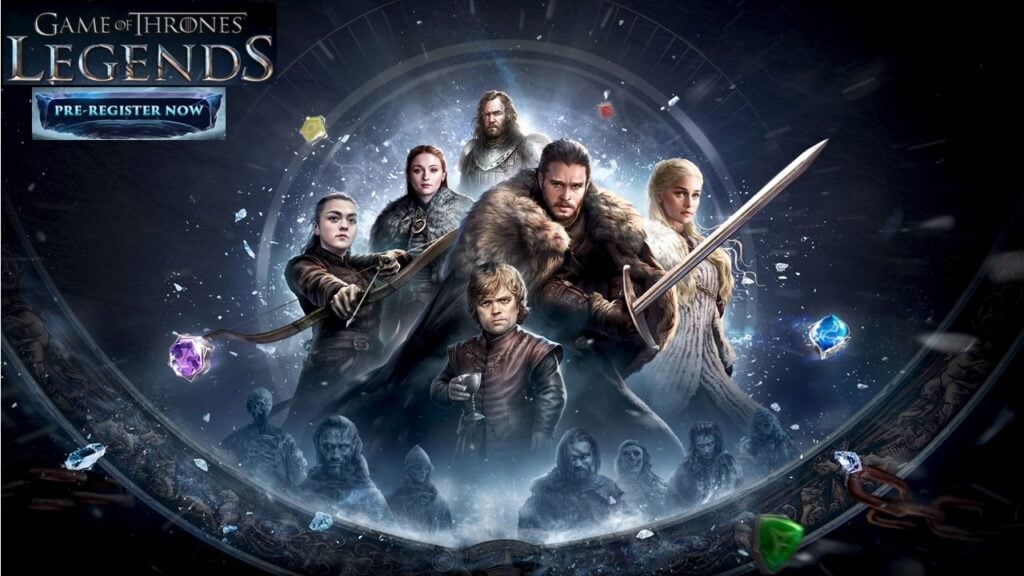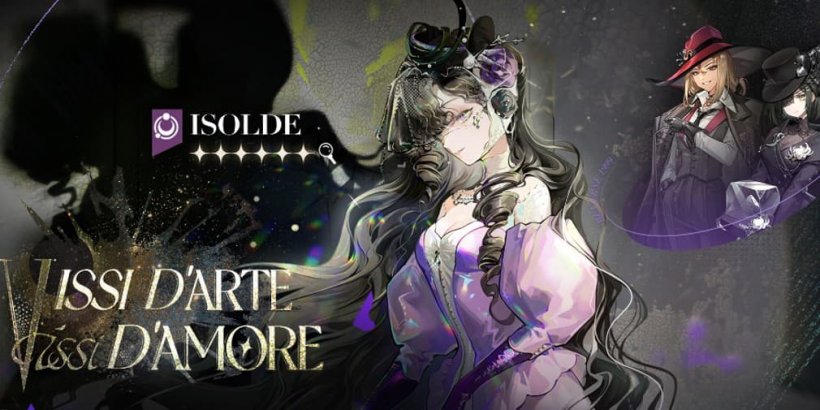Activision Explores AI for New Major Game Development
- By Isabella
- Mar 28,2025
Activision has recently stirred the gaming community with a surprising move by launching advertisements for new projects based on its iconic franchises, including Guitar Hero, Crash Bandicoot, and Call of Duty. However, the buzz wasn't about the announcements themselves but rather the unconventional method used to create these promotional materials—neural networks.
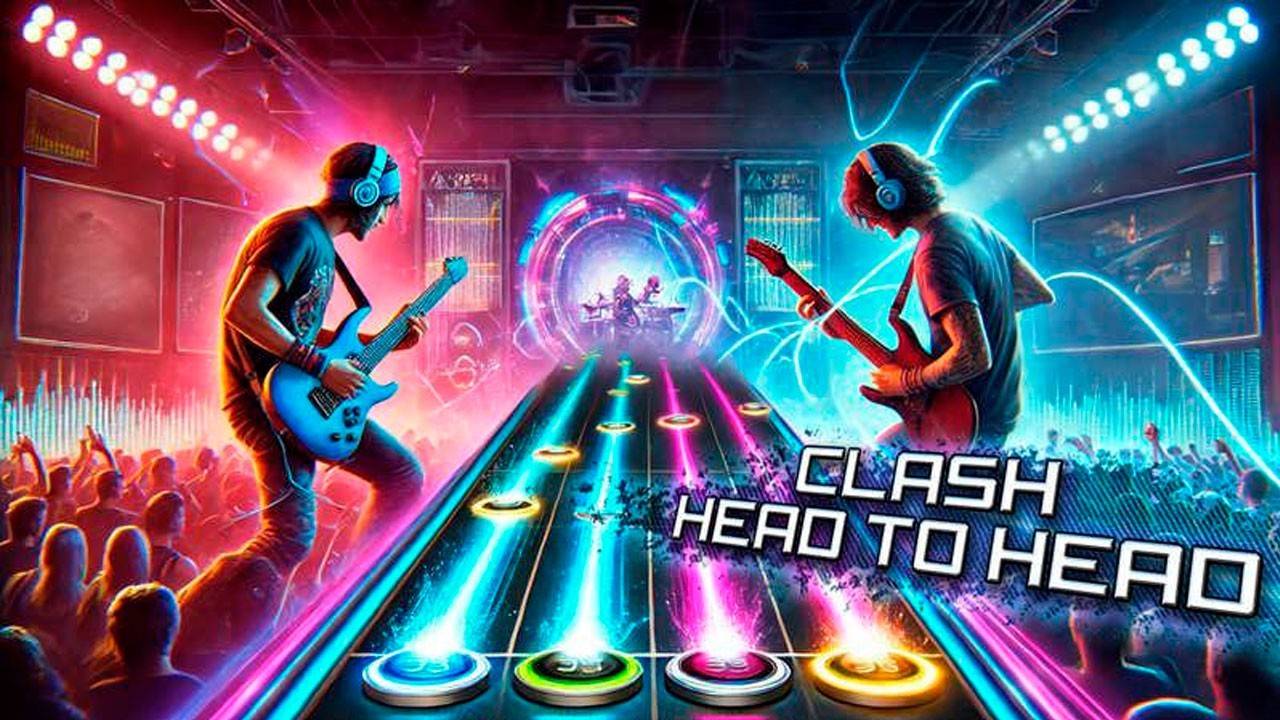 Image: apple.com
Image: apple.com
The first advertisement surfaced on one of Activision's social media platforms, promoting Guitar Hero Mobile and directing users to a pre-order page on the App Store. The peculiar, almost surreal images in the ad quickly caught the attention of users, igniting widespread discussion. Subsequent reports highlighted similar AI-generated artwork in ads for other mobile games like Crash Bandicoot Brawl and Call of Duty Mobile. Initially, many speculated that Activision's accounts might have been compromised, but it soon became clear that this was part of a bold marketing experiment.
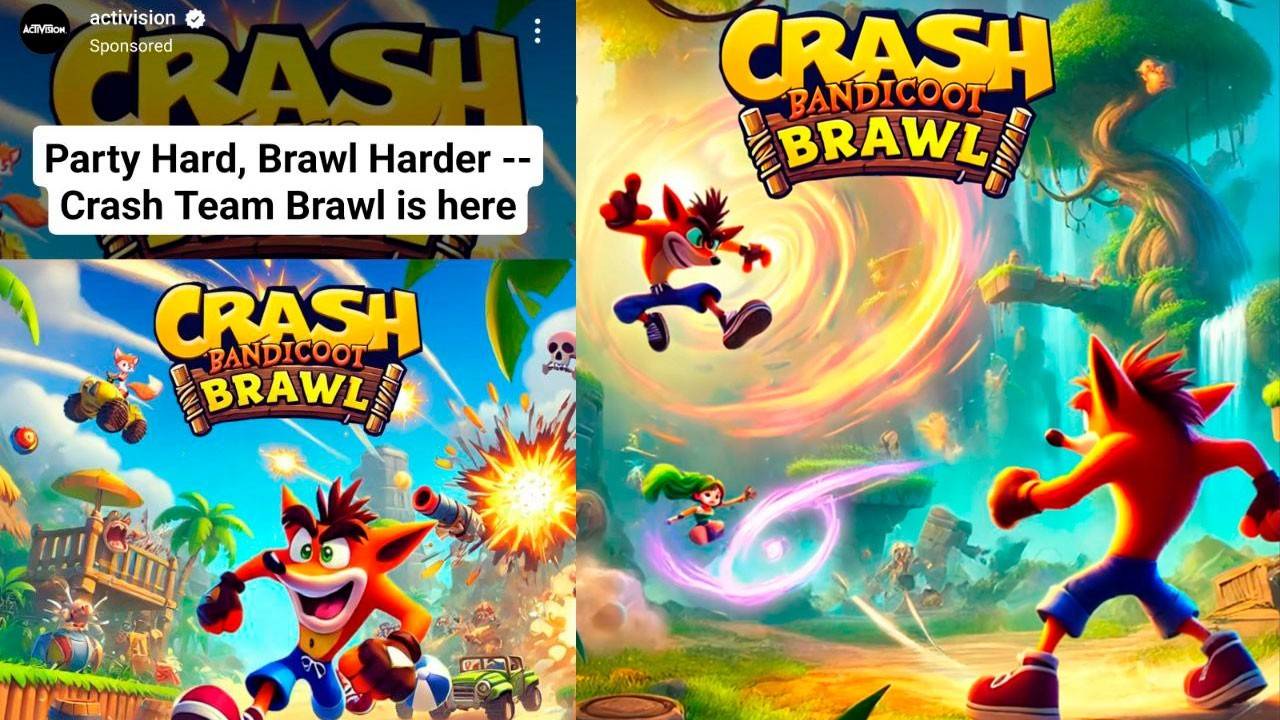 Image: apple.com
Image: apple.com
The reaction from the gaming community has been largely negative. Players and fans expressed their disappointment with Activision's decision to employ generative AI instead of collaborating with human artists and designers. Concerns were raised about the potential degradation of game quality, with some even comparing Activision's move to the controversial practices of Electronic Arts in the gaming industry.
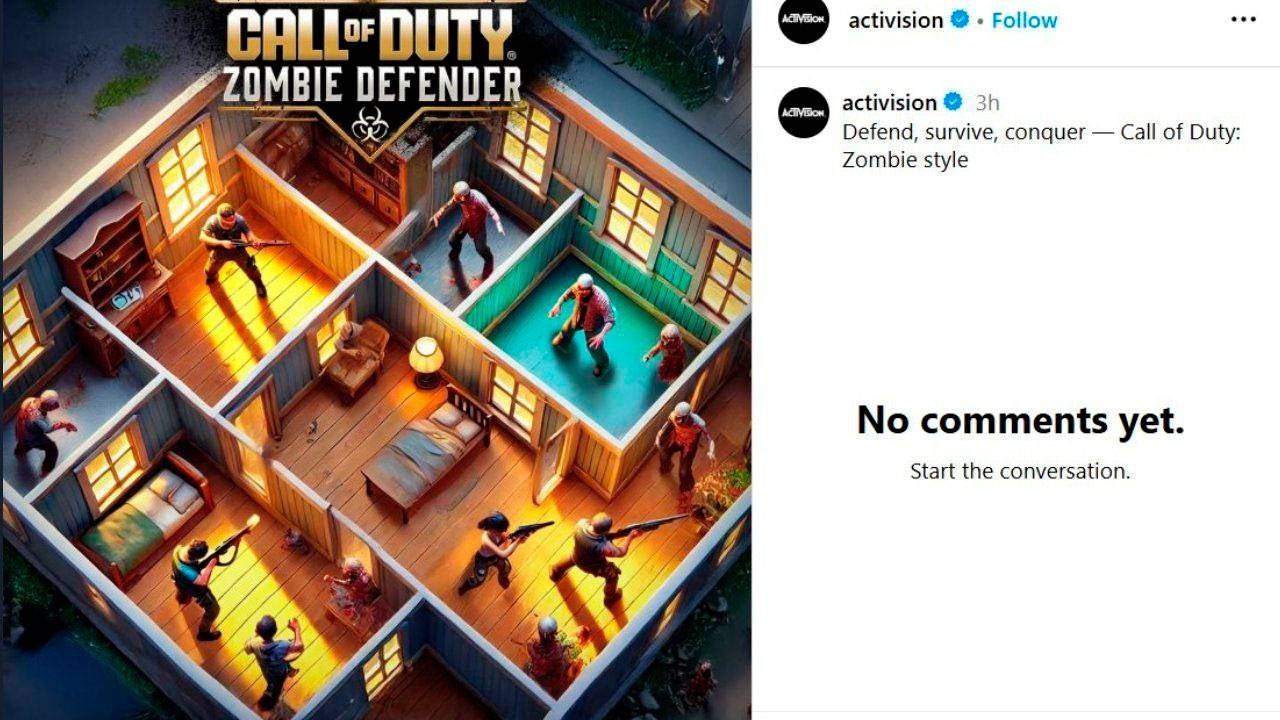 Image: apple.com
Image: apple.com
The use of AI in both the development and marketing of games is becoming a heated topic for Activision. The company has already admitted to utilizing neural networks in the creation of content for Call of Duty: Black Ops 6.
In response to the backlash, Activision has taken down some of the promotional posts. It remains uncertain whether these games are slated for release or if the ads were merely a test to gauge audience reactions with provocative content.

